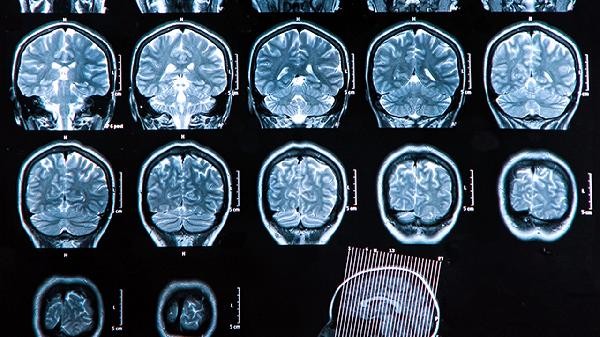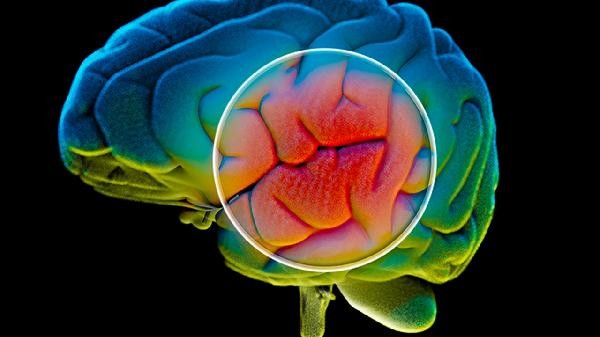The loss of memory in the brain may be caused by diseases such as Alzheimer's disease, vascular dementia, traumatic brain injury, encephalitis, and transient global amnesia. The severity and etiology of memory impairment are related, and a clear diagnosis should be made based on specific symptoms and medical examinations.

1. Alzheimer's disease
Alzheimer's disease is a neurodegenerative disease characterized by progressive memory loss and cognitive decline. The early symptoms are often forgetfulness of recent events, and as the condition progresses, directional disorders and language loss may occur. This disease is related to the deposition of β - amyloid protein and neurofibrillary tangles in the brain. Currently, there is no cure, but the progression of the disease can be delayed by drugs such as donepezil, memantine, and rivastigmine.
2. Vascular dementia
Vascular dementia is caused by cerebral vascular lesions leading to cerebral tissue ischemia and hypoxia, and memory impairment often worsens in a stepwise manner. Patients are often accompanied by hypertension, diabetes and other basic diseases, and may have executive dysfunction and mood fluctuations. Treatment requires controlling underlying diseases and improving cerebral circulation. Drugs such as nifedipine, butylphthalein, and Ginkgo biloba extract can be used.
3. Brain trauma
External force on the head may cause brain tissue damage, leading to retrograde or anterograde amnesia. Mild traumatic brain injury may only cause short-term memory impairment, while severe trauma can lead to long-term cognitive impairment. Neurosurgical evaluation is required during the acute phase, and cognitive rehabilitation training can be performed during the recovery phase. Neurotrophic drugs such as brain protein hydrolysate and phosphatidylcholine may be used if necessary.

4. Encephalitis
caused by viral or bacterial infections may damage memory related brain areas such as the hippocampus, leading to impaired memory function. In addition to memory impairment, patients often have symptoms such as fever, headache, and blurred consciousness. The treatment requires the use of antiviral or antibiotic drugs targeting the pathogen, such as acyclovir, ganciclovir, etc. Severe cases require hospitalization.
5. Transient global amnesia
Transient global amnesia is characterized by sudden and transient memory loss, usually lasting for several hours, and the inability to recall the situation during the attack afterwards. The cause may be related to cerebral vasospasm or epilepsy, and most patients can fully recover. During the attack period, it is necessary to rule out cerebrovascular accidents and perform EEG and imaging examinations if necessary. If memory impairment occurs, timely medical examination should be sought to determine the cause and receive targeted treatment. In daily life, brain function can be maintained through cognitive training, social activities, regular sleep patterns, and dietary supplementation of foods rich in omega-3 fatty acids and antioxidants. Avoiding smoking and alcohol abuse, controlling blood pressure and blood sugar, and regularly undergoing health check ups can help prevent the occurrence and development of memory related diseases.









Comments (0)
Leave a Comment
No comments yet
Be the first to share your thoughts!